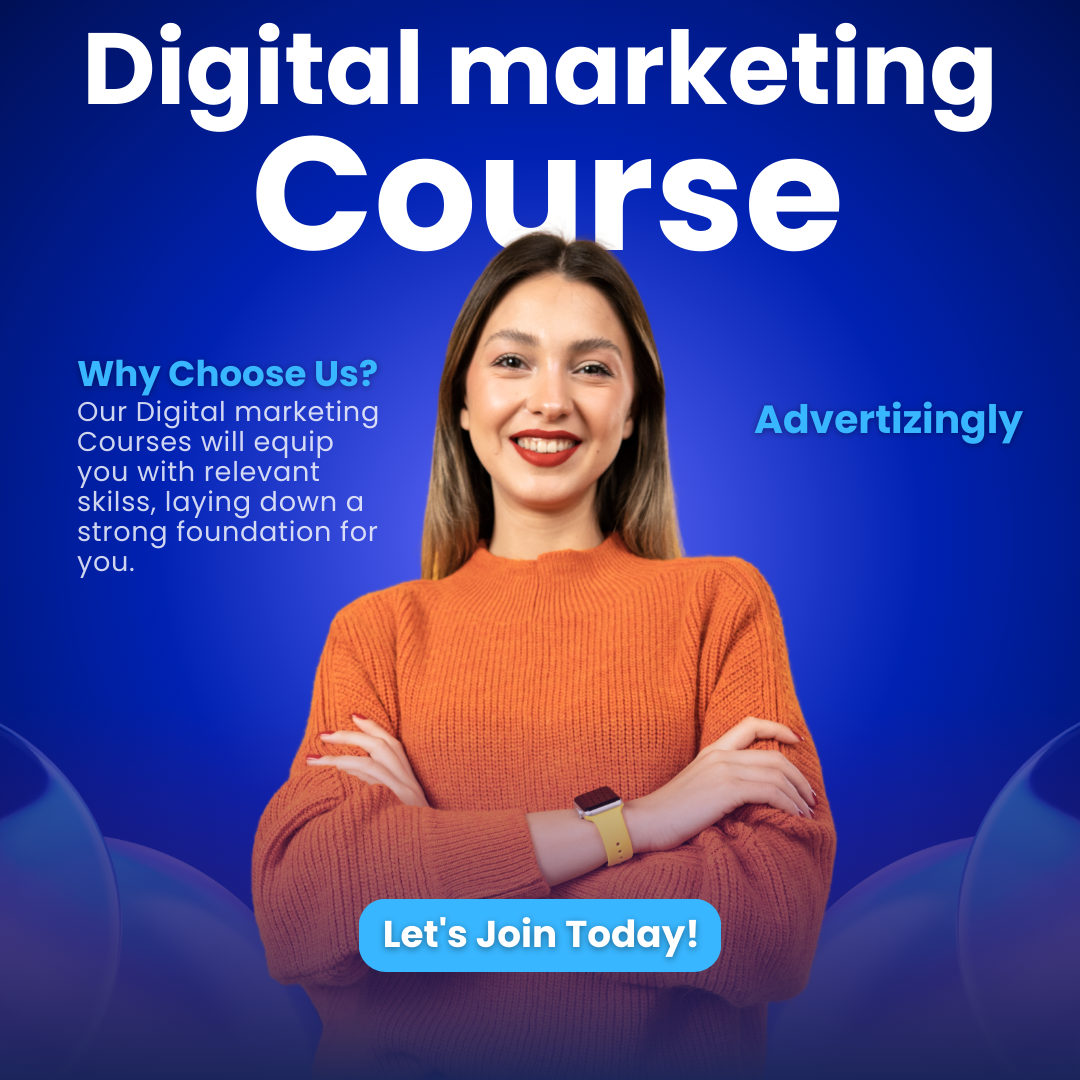Marketing automation helps businesses streamline repetitive marketing tasks while boosting personalization and productivity. In this article, you’ll learn how this technology—as powered by machine learning, AI marketing, agentic workflow, and generative AI—transforms campaigns, nurtures leads, and drives growth. We’ll demystify key concepts, showcase real examples, and equip you to leverage marketing automation today.
1. What Is Marketing Automation?
Marketing automation is when you use software that automates routine marketing activities—like email sequences, social media messaging, lead segmentation, and campaign tracking—without needing constant human oversight. It simplifies workflows, enhances personalization, and scales across communication channels.
Organizations use marketing automation to:
- Run multi-channel campaigns efficiently—across email, SMS, social, chatbots, digital ads, and more.
- Qualify and score leads automatically, moving them smoothly through the funnel.
- Store and analyze customer data in one centralized system, often integrated with CRM or CDP tools.

Read more : What is Lead generation and how does it works?
2. Key Benefits of Marketing Automation
- Saves time and reduces manual errors — freeing marketers to focus on strategy, creativity, and goal setting.
- Enhances personalization — delivering tailored messages and timing based on customer behavior and preferences.
- Provides omnichannel consistency — customers receive a seamless experience across all touchpoints.
- Improves ROI tracking — marketers can measure campaign effectiveness precisely.
3. Role of Machine Learning and AI Marketing
Machine learning (ML) fuels smarter, more predictive marketing automation:
- Helps predict customer behavior and deliver real-time personalization through predictive analytics and segmentation.
- Enables hyper-personalization using customer data analytics and AI-driven content delivery.
- Powers tools that adapt messaging strategies in real time for better engagement and conversion.
According to Gartner, by 2025, 30% of outgoing marketing messages from large companies will be generated by AI, underscoring the growing importance of AI marketing.

Read more : What Is Target Audience?
4. Understanding Agentic Workflow in Marketing
An agentic workflow refers to systems where AI agents perform marketing tasks autonomously—making decisions, executing actions, and adapting continuously without human input.
For example:
- AI agents can launch and manage entire campaigns—adapting messages, optimizing channels, and allocating budgets in real time.
- These systems use reinforcement learning and multimodal data to refine decisions over time, making marketing smarter and more independent.

5. Generative AI’s Impact on Marketing Automation
Generative AI is transforming how marketing content is produced:
- It automates copywriting, ad creation, email drafts, and even storytelling to engage audiences effectively.
- AI-generated campaigns—from web banners to email workflows—can be created faster, at lower cost, and customized at scale.
- As per a Business Insider event, companies like Salesforce use AI agents to handle 80% of lead follow-up conversations, improving lead quality and response times by about 40%.
- In India, EY projects a 41–45% jump in marketing productivity due to generative AI, and 71% of retailers plan to adopt it within a year.
Read more : What Is a Marketing Strategy?
6. 2025 Trends and Use Cases
Here are key trends shaping marketing automation today:
- AI-first workflows: Brands are embedding AI in everything—from campaign design to performance tracking—with 78% of organizations doing so in 2024.
- Hyper-personalization: Real-time behavioral data enables content that resonates profoundly with each user.
- Generative message creation: Creative and scaled content generation is becoming standard.
- Agency transformation: AI ad tools from Meta, Google, Amazon are disrupting traditional agencies, pushing them toward results-based models.
- Leadership investment: 71% of CMOs plan to invest over $10M annually in AI—focused on workflow optimization, personalization, and insights.
7. Challenges and Best Practices
Challenges to keep in mind:
- Data quality: Automation is only as good as the data input. Poor or decayed databases undermine results.
- Privacy & ethics: AI-driven personalization must comply with GDPR, CCPA, and avoid biased messaging.
- Bias in AI: LLM-generated marketing may inadvertently bias messaging—impacting fairness and trust.
Best Practices:
- Maintain a solid lead generation foundation to fuel automation workflows.
- Combine AI with creative human oversight—brands should balance algorithmic efficiency with strategic, empathetic input.
- Continuously monitor, test, and iterate workflows—AI learns, but human guidance ensures alignment with brand objectives.
Read more : Is Search Engine Optimisation (SEO) worth it in 2025?
8. Real-World Examples (U.S.)
- Salesforce: Leverages AI agents for high-volume lead interactions, improving response time by ~40%.
- Citi: Rapidly adopted AI—from summarizing reports to creating visuals—while maintaining brand trust.
- e.l.f. Beauty: Deepens engagement by integrating with digital platforms like Roblox and Twitch.
- Global firms in India: EY projects huge productivity gains via generative AI, with retailers set to adopt quickly.
Conclusion
Marketing automation—powered by machine learning, AI marketing, agentic workflows, and generative AI—is transforming how businesses reach, engage, and convert customers. It delivers personalized experiences at scale while freeing marketers to focus on creativity and strategy. Yet successful adoption depends on data integrity, ethical use, and human-AI collaboration.
Are you ready to explore automation tools, test generative content, or build smarter, agentic workflows? Start with quality leads, infuse AI intelligently, and always monitor for fairness and effectiveness.
We are a Digital Marketing Agency , From SEO to performance marketing, we deliver results that boost visibility, leads, and ROI.
